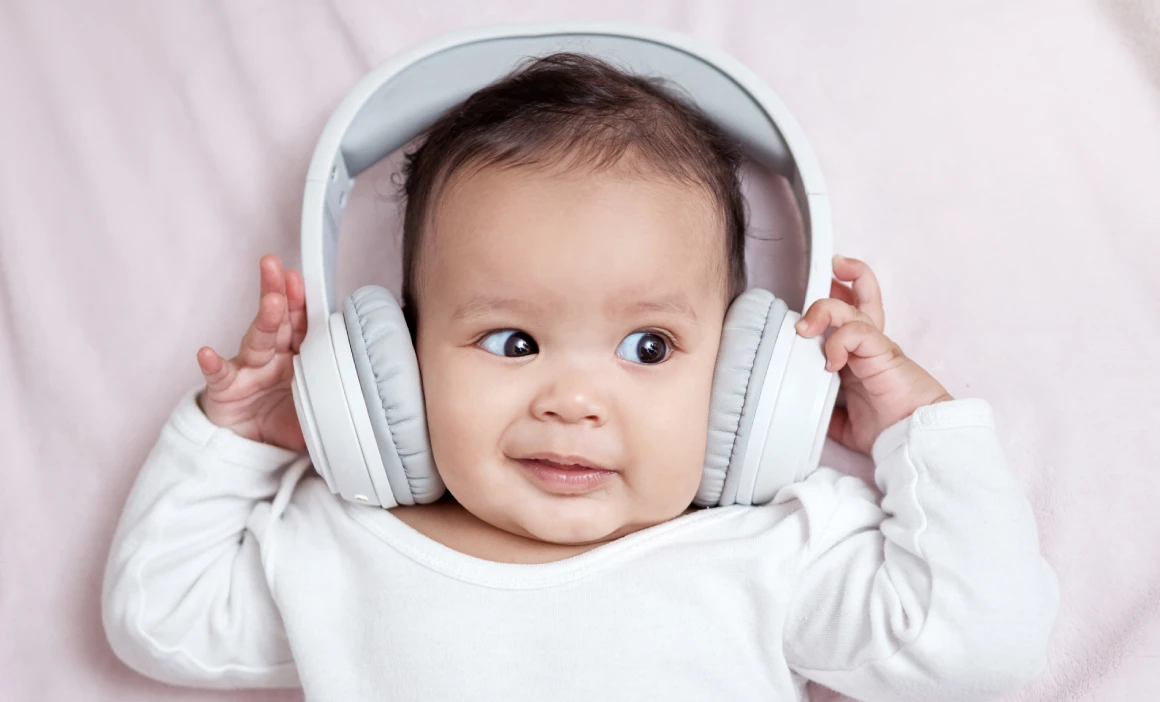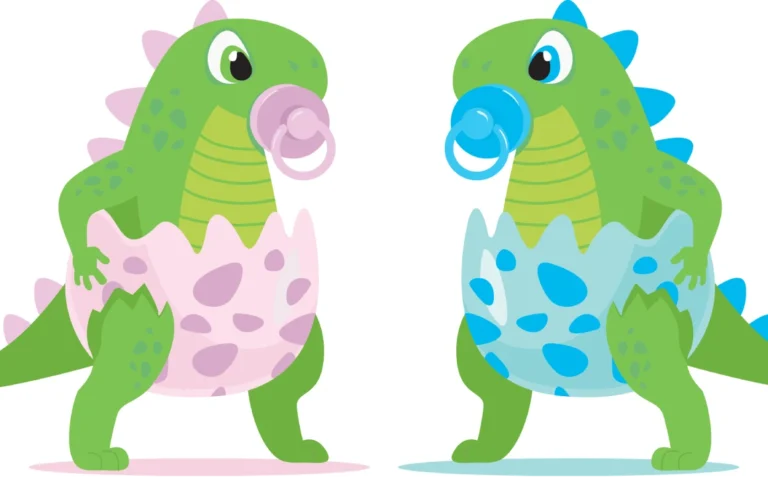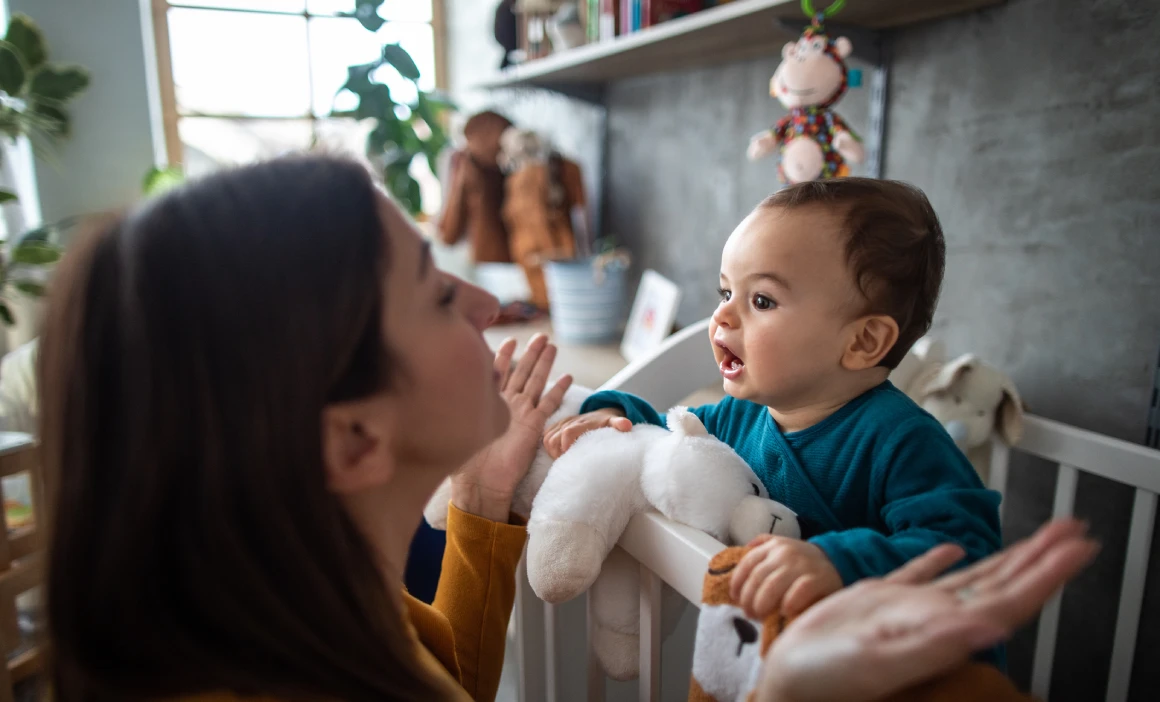
How Music Builds the Brain: The Science Behind Child Development and Learning

Cradle of Nutrition
- 4 minutes read
Music is more than entertainment — it’s one of the most powerful tools for building a child’s brain. From early language skills to emotional regulation and even math understanding, music supports nearly every area of development. In this post, we’ll explore how and why music benefits children, backed by science and everyday examples.
What Happens in the Brain When Children Engage with Music?
When a child listens to or plays music, their brain lights up in remarkable ways. Music activates multiple regions: auditory (hearing), motor (movement), visual (reading music), and emotional processing centers. But more importantly, it creates neural connections between these areas, strengthening the brain’s overall function.
Research spotlight: A Harvard/Boston Children’s Hospital study found that children who trained in music had a more developed corpus callosum — the bundle of nerves that connects the left and right sides of the brain. This connectivity boosts learning capacity, coordination, and problem-solving.
Example: A 6-year-old learning violin isn’t just making sounds — they’re reading music, using fine motor skills, controlling tempo, and listening critically. That’s whole-brain development in action.
Music Supports Language and Literacy Skills
Music and language are deeply connected in the brain. Children who sing, clap, and play with rhythms are unknowingly building the foundation for strong communication and literacy.
Key language benefits of music:
- Phonological awareness – hearing and manipulating sounds in words
- Rhythm and prosody – understanding patterns and emotions in speech
- Auditory memory – remembering verbal instructions and sounds
Studies show that musical engagement enhances early reading skills and vocabulary. Children in music programs often outperform their peers in literacy assessments.
Example: Singing “Row, Row, Row Your Boat” helps toddlers hear rhymes, syllables, and rhythm — all essential for learning to read.
Music = Math: The Pattern-Powered Connection
Music and math may seem unrelated, but in reality, music is math you can hear. Musical elements like rhythm, timing, and scales follow precise structures — the same kind of thinking used in math.
| 🎶 Music Concept | ➕ Math Concept |
| Rhythm | Fractions, division, timing |
| Chord progression | Patterns and sequences |
| Note frequency | Ratios and proportions |
| Key changes | Algebraic transformations |
| Musical form | Symmetry and geometry |
Example: A 10-year-old in a school band who counts “1-and-2-and” in 4/4 time is already learning fractional thinking — without a math book.
Learning an Instrument Boosts Focus and Executive Function
Playing an instrument is one of the most complex activities a child can do — and one of the most beneficial. It strengthens “executive functions” like:
- Working memory – holding multiple steps or rules in mind
- Focus and attention – staying on task while filtering distractions
- Planning and problem-solving – managing practice and improvement
- Coordination – linking body and brain in precise timing
A study published in Frontiers in Neuroscience found that even two years of music training significantly improved children’s ability to switch tasks, plan ahead, and control impulses.
Example: A young pianist reading a score must track notes, count rhythm, move both hands, and adjust for dynamics — all simultaneously. That’s mental multitasking at its finest.
Music Builds Emotional Intelligence and Resilience
Music is a direct line to the emotional brain. It can calm a restless toddler, boost a child’s confidence, or help them express feelings they don’t have words for yet.
Emotional benefits of music for kids:
- Reduces stress (lowers cortisol levels)
- Releases dopamine (a feel-good neurotransmitter)
- Encourages self-expression and social bonding
- Builds confidence through performance and creativity
Example: A shy child may struggle in conversation but blossom in music class. Singing with peers creates a sense of belonging, helps regulate emotion, and builds confidence.
Long-Term Benefits of Music Education
The benefits of early music education go well beyond childhood.
Research shows that kids involved in music are more likely to:
- Excel in school, especially in math and language
- Develop stronger memory and multitasking skills
- Show higher levels of creativity, empathy, and teamwork
- Maintain cognitive strength into adulthood
A study in Psychology of Music (The effects of musical training on verbal memory, by Michael S. Franklin, et al. 2008) found that adults who had studied music as children had better verbal memory and information processing — even decades later.
How to Support Your Child’s Musical Growth at Home
You don’t need to be a musician to help your child benefit from music. Just a little intention goes a long way.
🎧 Easy ways to integrate music into daily life:
- Sing together — even simple songs like lullabies count
- Clap, dance, and move to music
- Offer instruments like drums or keyboards for free play
- Use music during transitions (e.g., cleanup songs)
- Enroll in local music classes or use music apps
Pro tip: Focus on fun and exploration, not performance. Confidence and curiosity come before perfection.
Frequently Asked Questions (FAQ)
1. Does music really help children learn better?
Yes! Music enhances memory, focus, language, and math skills. It activates the whole brain and helps children learn faster and retain information longer.
2. What’s the best age to start music?
You can start as early as birth with singing and rhythm games. Formal lessons can begin around age 4–6, but it’s never too early or too late to benefit from music.
3. Should my child listen to music or learn to play an instrument?
Both help, but learning to play an instrument engages the brain more deeply — especially for developing memory, coordination, and attention.
4. Can music help children with ADHD or anxiety?
Absolutely. Music therapy has been shown to reduce stress, improve focus, and support emotional regulation — especially helpful for kids with ADHD, autism, or sensory sensitivities.
Final Thoughts: Music Is a Brain-Builder and a Joy-Bringer
Music isn’t just an “extra” — it’s essential. Whether your child is singing along at home, taking lessons, or simply moving to the beat, music helps build the foundation for lifelong learning, confidence, and creativity.
“Music is a hidden exercise in arithmetic of the soul, unaware of its counting.”
– Gottfried Leibniz, philosopher and mathematician
So sing. Play. Dance. Explore.
You’re not just making memories — you’re building a better brain.
By Erika Barabás






